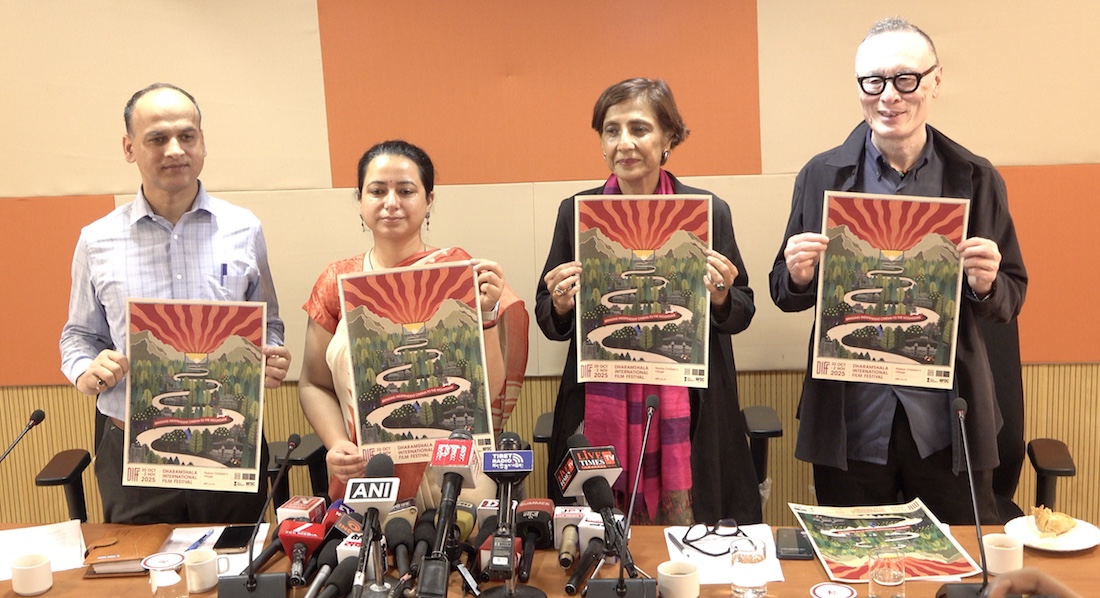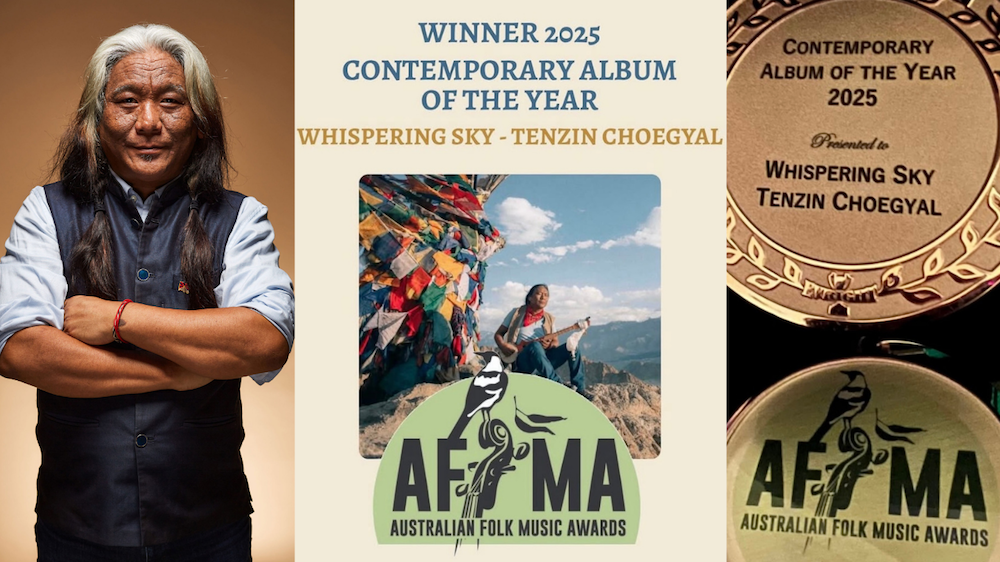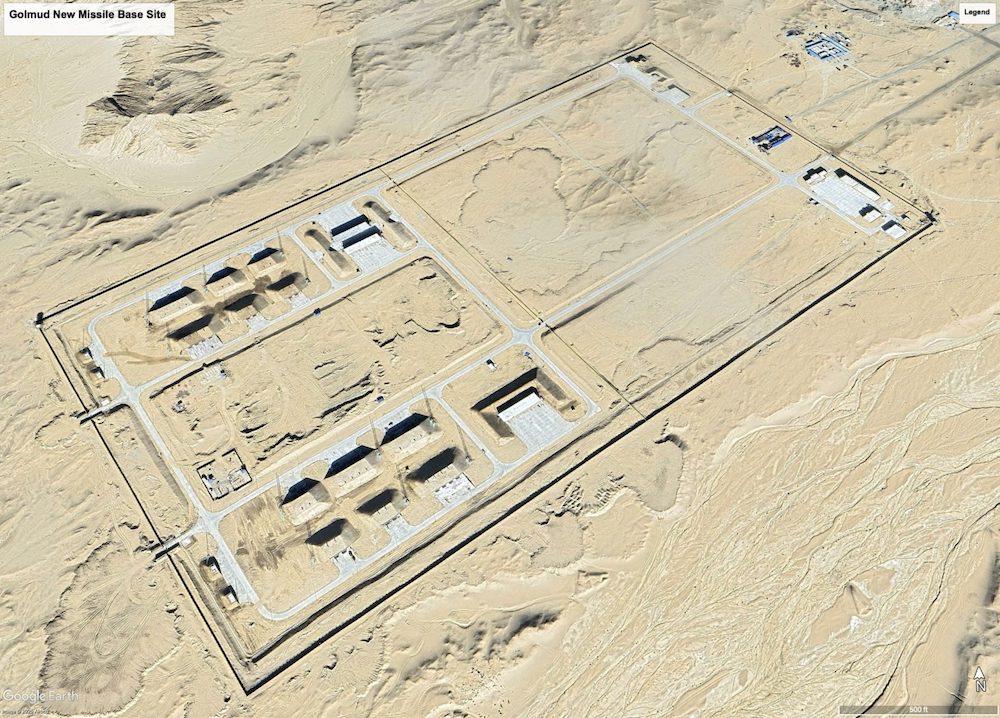Bob Clark
 The Land’s End Chamber Ensemble presents King Gesar by Peter Lieberson, narrated by Michael Hope, as part of the High Performance Rodeo. Performances are today at 7:30 p.m., Saturday at 3 and 9:30 p.m., and Sunday at 7:30 p.m., at the Engineered Air Theatre at the Epcor Centre.
The Land’s End Chamber Ensemble presents King Gesar by Peter Lieberson, narrated by Michael Hope, as part of the High Performance Rodeo. Performances are today at 7:30 p.m., Saturday at 3 and 9:30 p.m., and Sunday at 7:30 p.m., at the Engineered Air Theatre at the Epcor Centre.
In his diary for the piece he calls his “campfire opera,” prominent American composer Peter Lieberson says the genesis of King Gesar was rooted in the meaning of a line which suddenly came to him: “The white smoke of a juniper rises.”
“In the Tibetan culture,” Lieberson writes, “juniper is burned, accompanied by chanting and war cries, in order to rouse dignity and confidence. It is said that the ‘drala,’ or ‘warrior principle,’ descends on the smoke and onto the persons performing the ceremony.”
The line became the starting point for Douglas Penick’s libretto.
King Gesar, performed tonight through Sunday by the Land’s End Chamber Ensemble as part of the High Performance Rodeo, tells the story of a Tibetan warrior-king almost eight centuries ago.
The theatre piece is scored for narrator, two pianos, cello and percussion.
Told through song, chant, verse and prose, with text projected above the performers, the work describes a dramatic journey undertaken through hardship and ending in profound inner vision and enlightenment.
The idea for Gesar as a musical subject came indirectly through his teacher, who had a vision of enlightened rulers, Lieberson recalls.
“My teacher was very concerned with Shambhala teachings, which were about helping people to rediscover their own inner goodness and have a more harmonious life.
“In other words, instead of withdrawing from society, as you might find in Buddhist tradition, this was about engaging in it — but from a more enlightened perspective.
“That’s something we really need today.”
According to Lieberson, a practising Tibetan Buddhist for the past 30 years, there are hundreds of Gesar stories handed down through Tibet’s rich oral tradition.
“That’s why I called King Gesar a ‘campfire opera’ — because there is one person who is acting out all the parts as narrator,” he says. “And when he sings, that’s when he embodies Gesar himself.”
The 57-year-old composer uses a rapid “sprechstimme” technique, a mix of speech and song, in the part of narrator.
Says Land’s End artistic director Mark Hopkins: “I was listening to (narrator) Michael Hope rehearsing King Gesar yesterday and there were moments that were going by so quickly, it almost comes off as rap.”
For Lieberson, sprechstimme approximates Tibetan Buddhist chanting, done in a very fast, low monotone.
“As well, because there was a fair amount to narrate and I wanted to remain faithful to the energy of the story, it occurred to me I could present the text this way — a rhythmic chanting of the text.”
Eastern philosophy and writings are nothing new in the recent evolution of American music. Their influence figures prominently in many of the works of minimalist composers such as Terry Riley, Philip Glass and Steve Reich, for example.
But Lieberson, much of whose output spans large-scale orchestral works anchored in Buddhist teaching, is no minimalist when it comes to finding the musical voice for his own deeply held beliefs.
“Tibetan Buddhism is very ornate and rich,” he says. “Shrine rooms are full of colour and detail — it’s almost overwhelming at times. And that’s probably why I’m more attracted to opulence of expression rather than to reducing everything.
“Music can be maximal, too.”
Tickets: $16 to $22, available through Ticketmaster, 299-8888.
bclark@theherald.canwest.com









